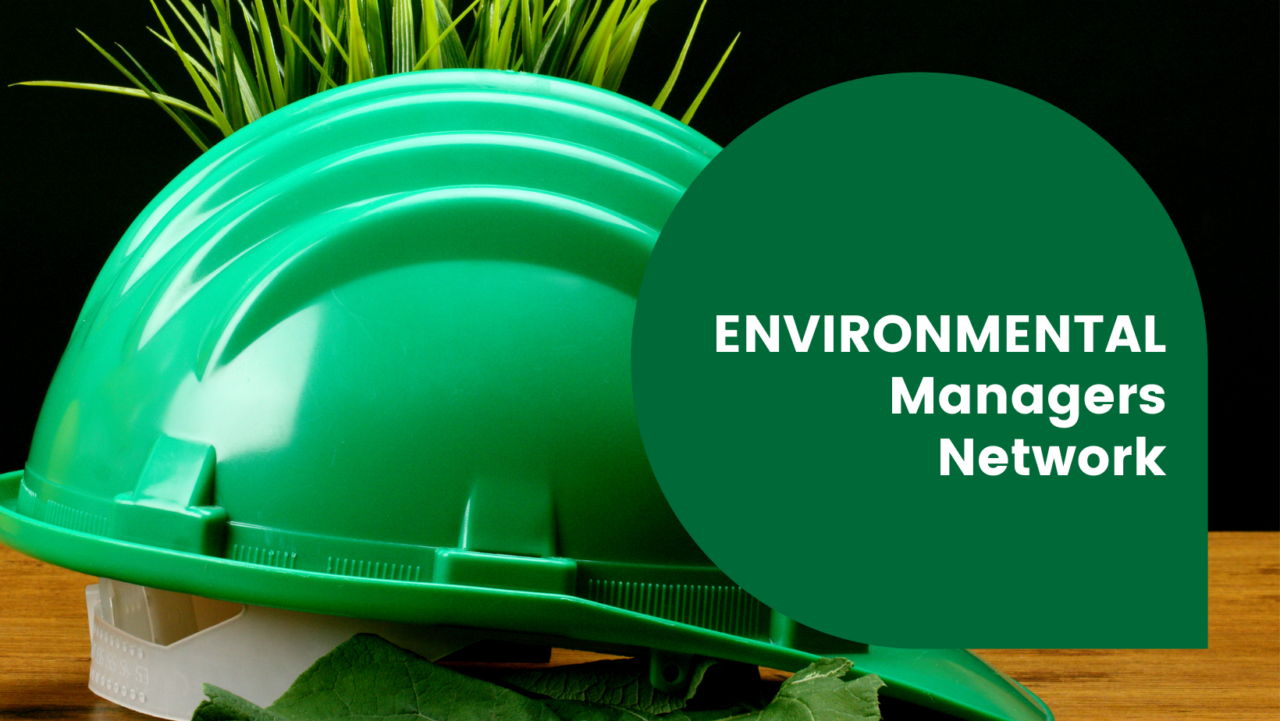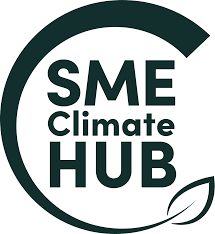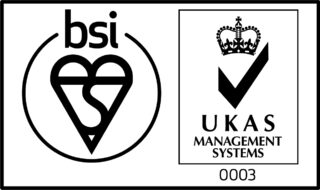Humber Environmental Managers Network – write up

The CATCH Environmental Managers Network met on Wednesday 9 February. The event was chaired by Martin Jones from Yara and attended by over 20 delegates joining both in person and online.
Matthew Woollin, a technical specialist for climate change with the Environment Agency, gave a presentation. The Environment Agency has recognised that the Humber Industrial Cluster comprises potentially interlinked projects focusing on decarbonising existing energy intensive sites. These projects will see the deployment of several processes at a scale not seen before within the UK. Including the need for new or varied environmental permits from the Environment Agency.
Matthew described how a new Humber pathfinder project aims to explore and understand the extent to which environmental needs and constraints associated with low carbon technologies could limit wider technology deployment. The Humber pathfinder pilot project will focus on water availability and quality and will begin to identify environmental needs and constraints in the Humber industrial cluster. The outcome will enable industry, the government, place-makers, and the Environment Agency to anticipate, and prepare mitigation for these environmental needs and constraints.
The first phase of the project started in February with introductory sessions and questionnaires expected to be available for use later this month. The Environment Agency are seeking information from existing sites and those planning investments as to what water needs and constraints have been identified in current and future water availability and quality.
After a break the group heard a presentation on water efficiency from Colin Robinson from Evides Industriewater. Colin highlighted areas of the UK where water stress is forecast to worsen as city populations grow and industrial demands for more water increase. Competition for water is increasing for a number of reasons – as the climate warms more water can be stored in the atmosphere along with more frequent dry periods requiring irrigation to support agriculture. Many industrial nations have been abstracting groundwater which has resulted in environmental damage and loss of biodiversity. Population growth and demand for the products supplied by industry to meet our needs sees greater pressure on this precious resource. Advanced industrial regions are taking steps to reduce CO2 emissions through carbon capture and storage and hydrogen production which will add a further demand on water to meet the demands of these new technologies.
The water industry alone is responsible for 2% of the UKs CO2 emissions to process and supply the water we need every day. The group learned that the availability of new abstraction licenses along the south Humber bank is already severely limited.
Colin presented some details on water use in production of hydrogen and in the processing for carbon capture and storage. Not surprisingly hydrogen production from electrolysis uses more water than the SMR/ATR ‘blue’ hydrogen production route. For the UK to reach our current 2050 low carbon hydrogen production target of 50GW (with 20% from green hydrogen) we will require 146 million litres per day, this is a third of existing industrial water demand.
Colin recommended that industries review the potential for drought risk at their site and outlined a number of proactive steps to take to reduce the risk. Evides Industriewater has some excellent examples of effective treatment of wastewater flows to enable water to be reused without it first being discharged to the environment. Industrial sites in the Netherlands have been on the journey from risk of drought and competition for supply to now having a variety of secure water sources that has also freed up more fresh water supplies for the local population. We must find similar win win projects in the Humber to make water a priority in our wider approach to industrial symbiosis and drive to a net zero industrial cluster.
The next Humber Environmental Managers Network will be held on 8 June for more information please contact katie.hedges@catchuk.org




